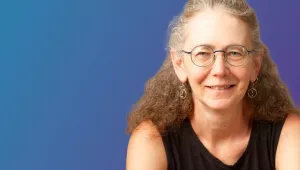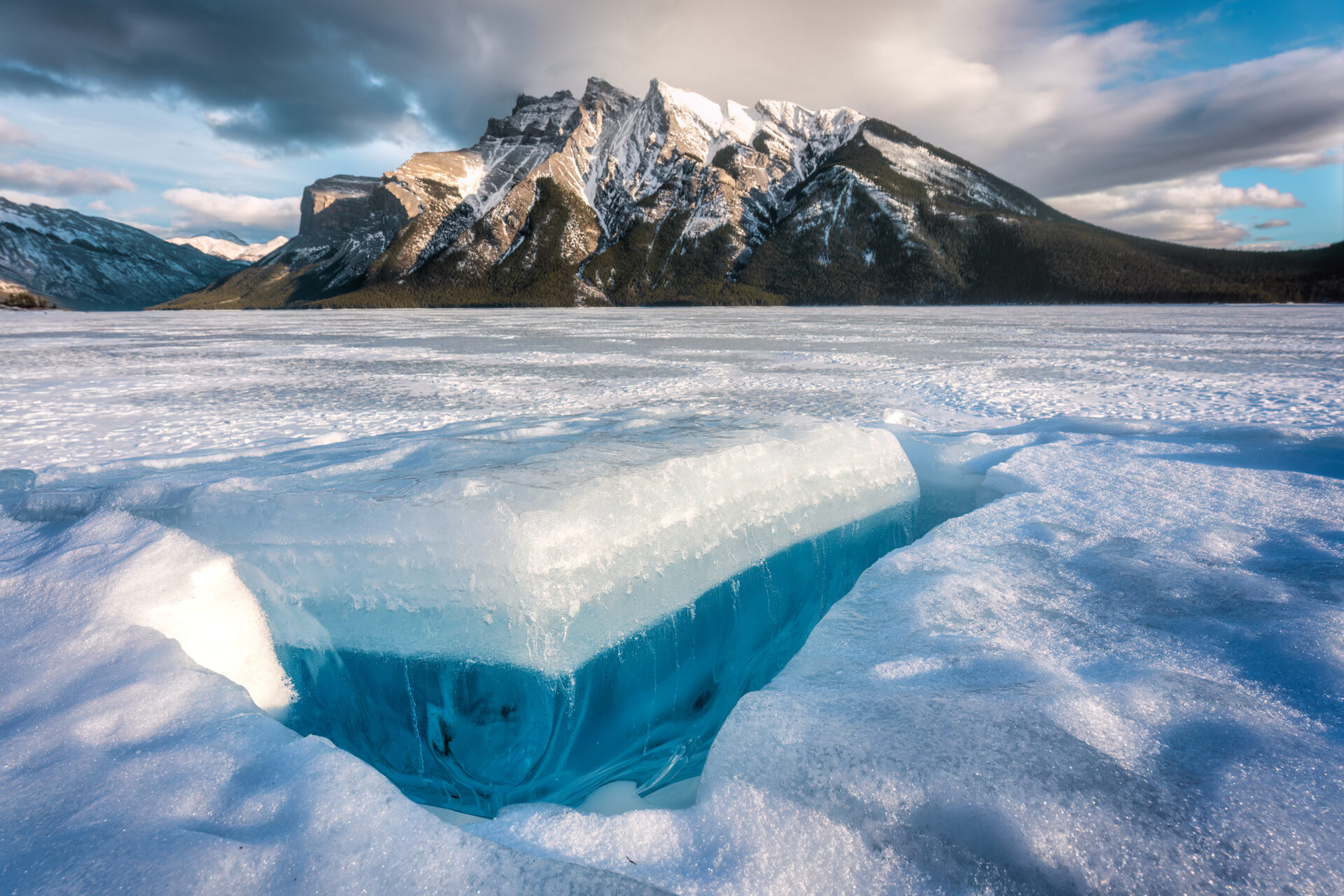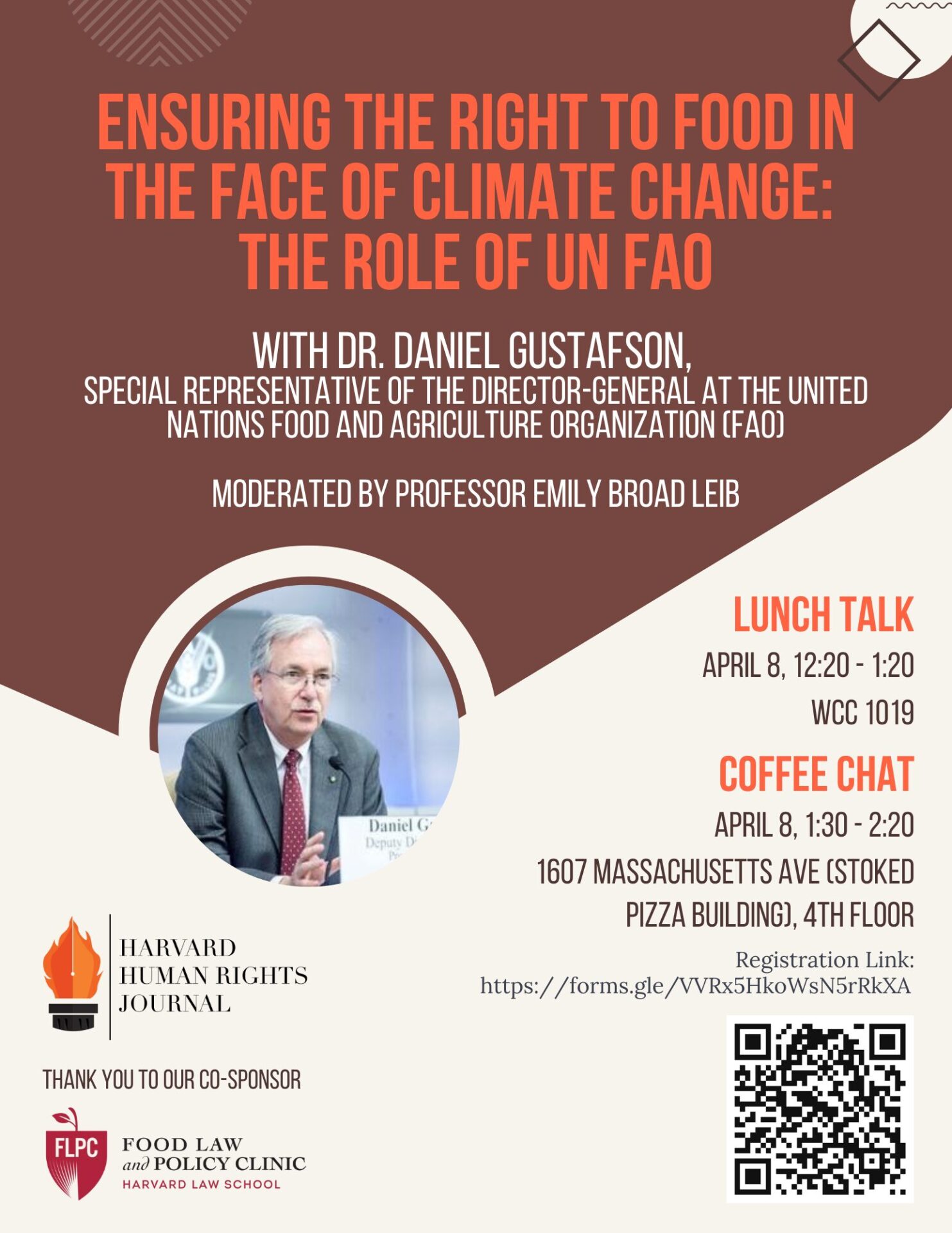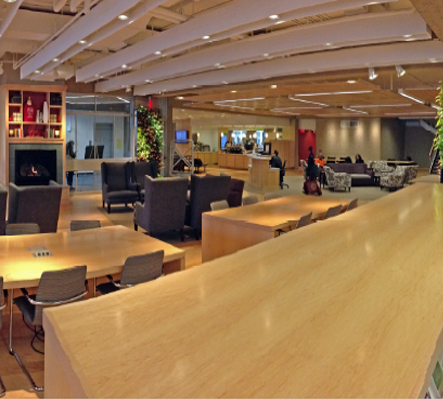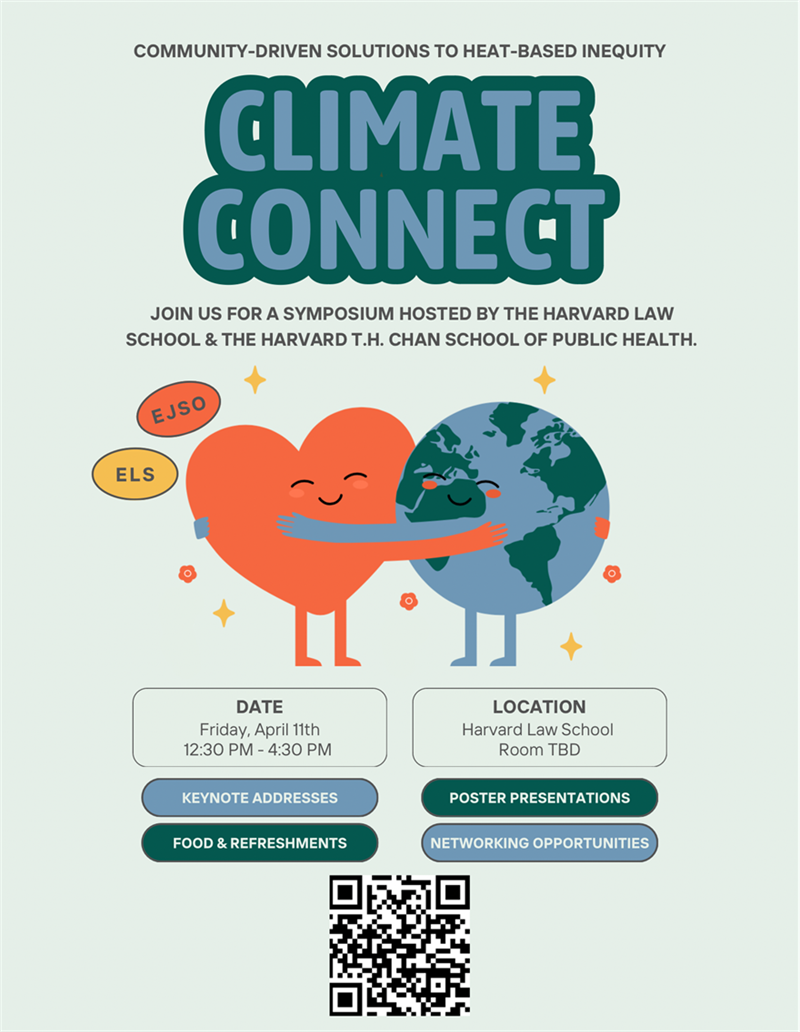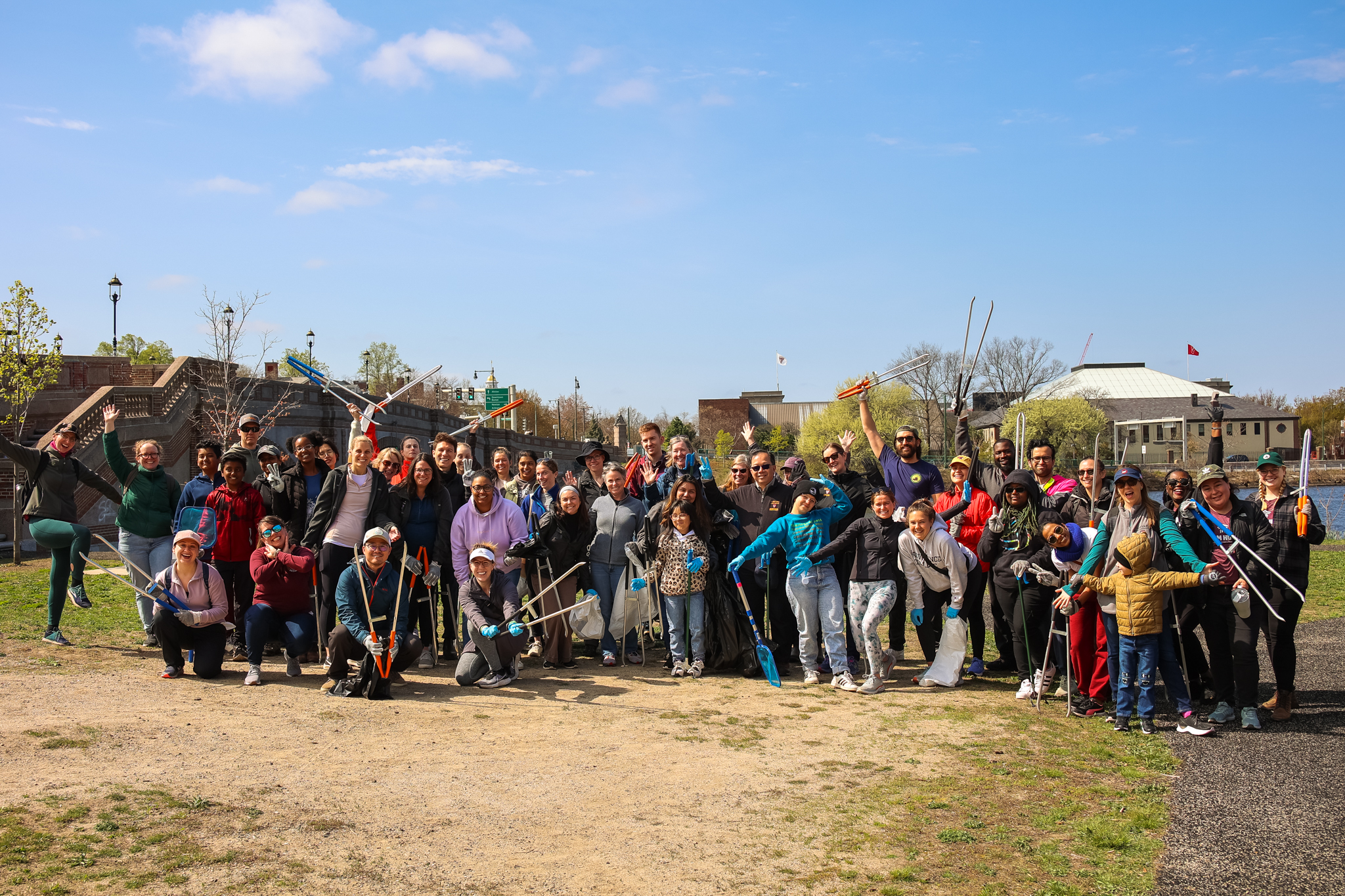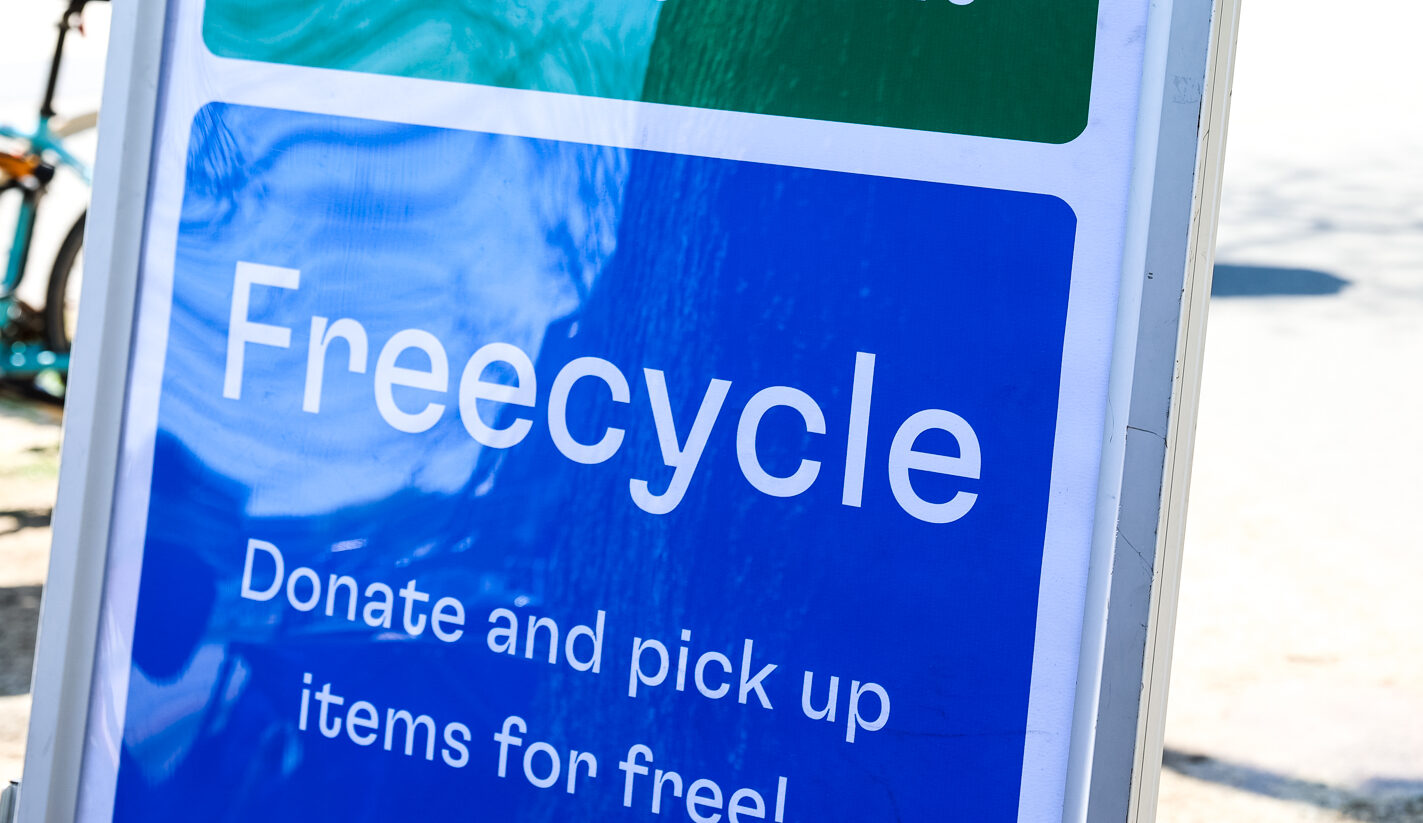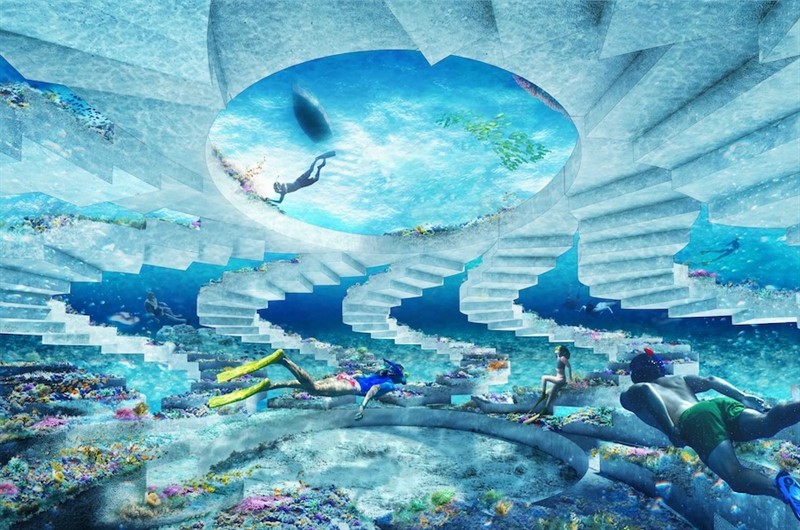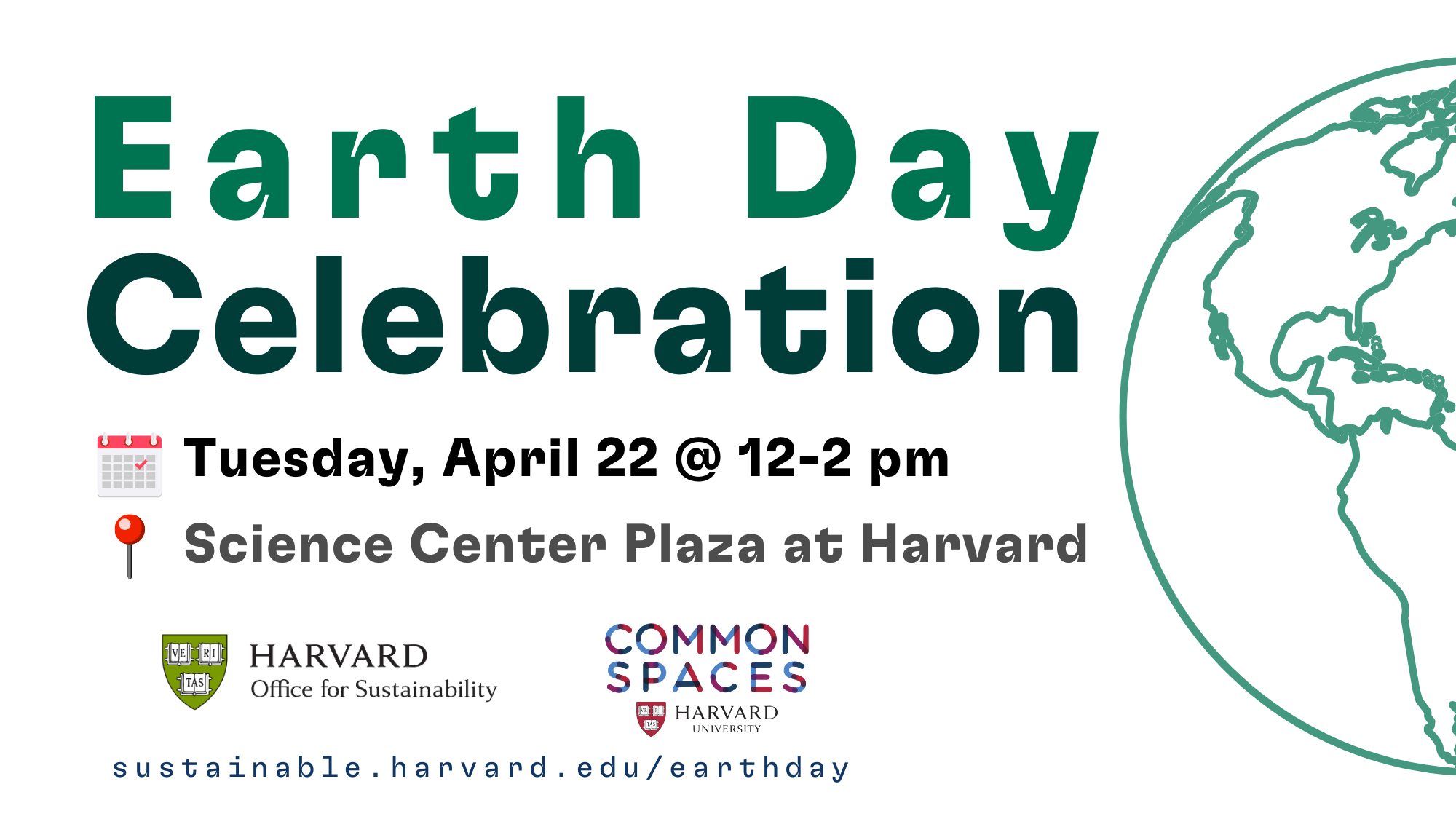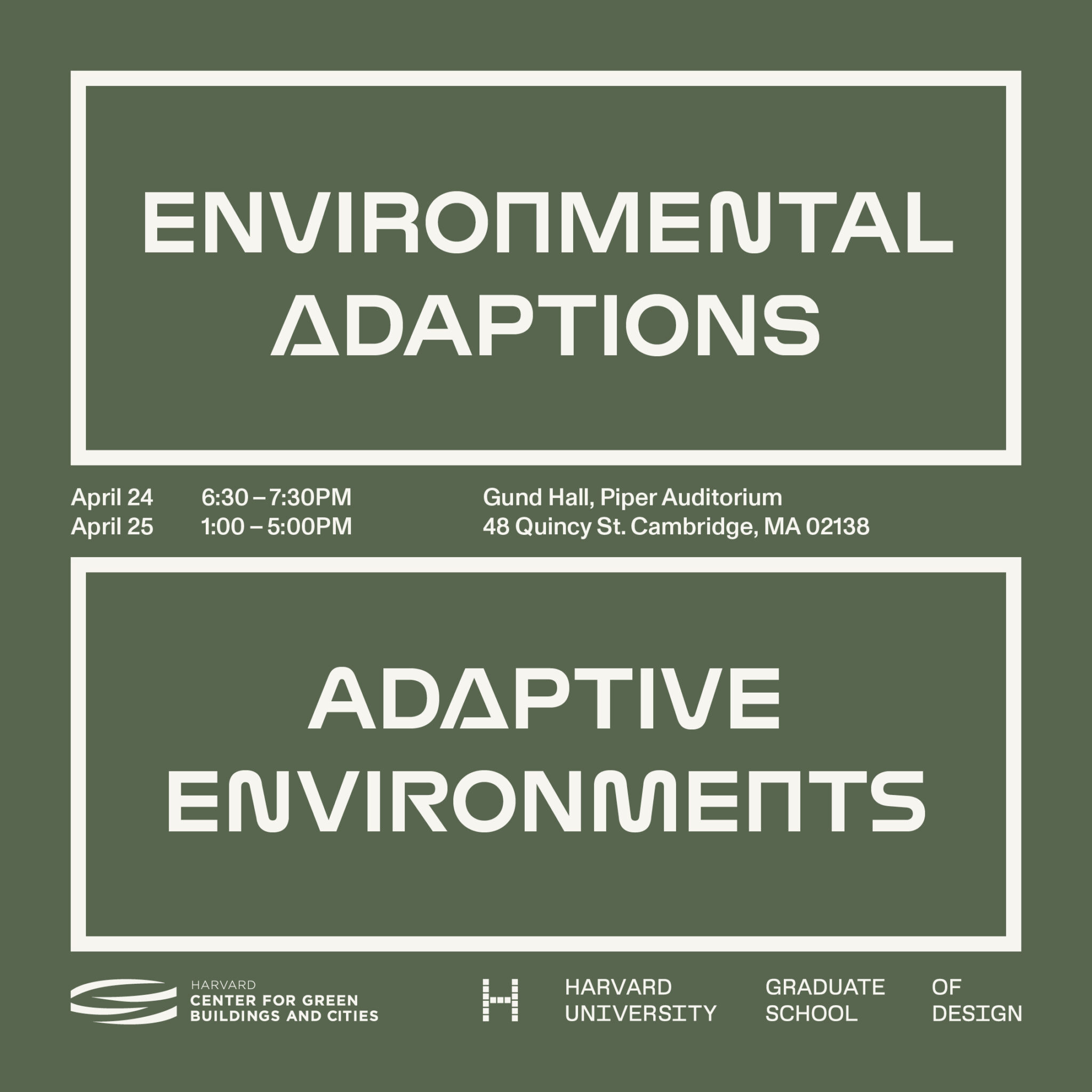The Policy Is Just the Beginning: How Implementation Makes Environmental Policy Cheaper and Easier Than Expected
Rubenstein Building, Room 414 AB, 79 JFK St., CambridgePassing environmental policy is difficult, because of the – reasonable – concern that it will increase costs. But implementation often leads to systemic changes that make environmental regulation cheaper and easier to implement than expected.
In the Energy Policy Seminar, Beth DeSombre will examine domestic and international regulations to protect the ozone layer, and aspects of the U.S. Clean Air Act regulating power plant and automobile emissions, identifying four specific pathways through which system changes contribute to decreasing costs: disruption of standard operating procedures, innovation, increased availability of alternatives, and creation of enabling mechanisms. Understanding how the implementation of regulations can decrease costs can suggest better or worse approaches to crafting and implementing policy.
